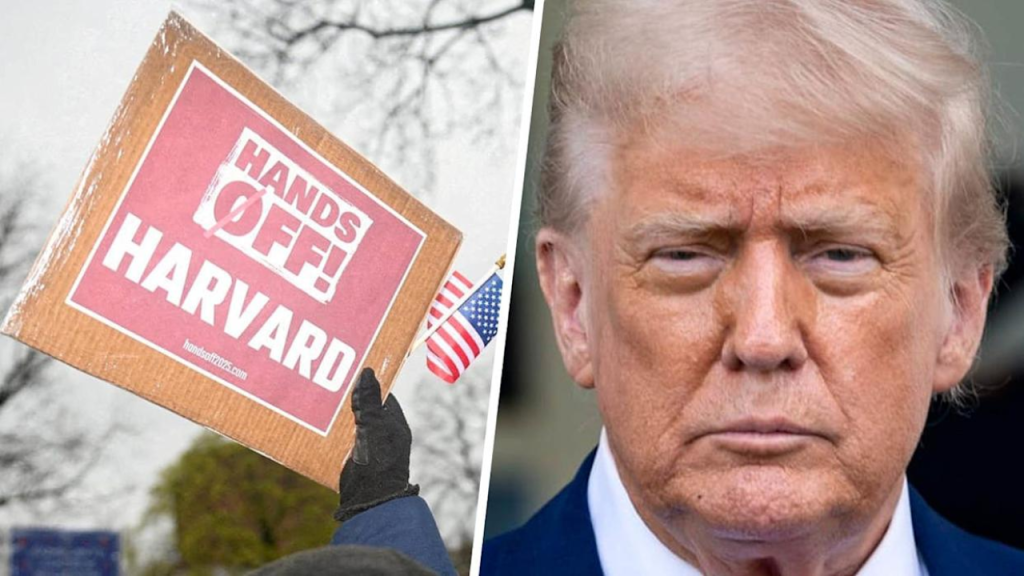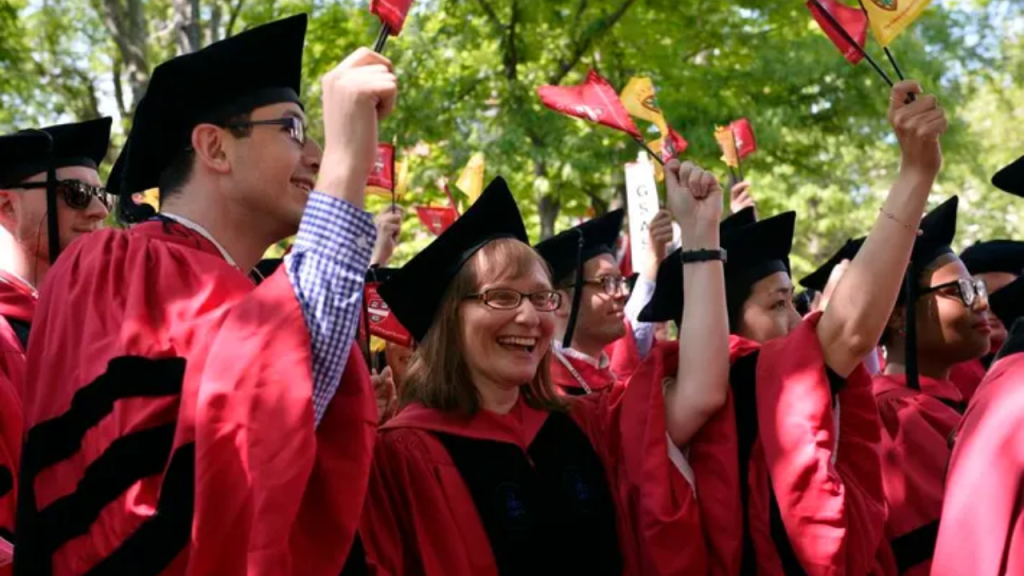
In a dramatic turn of events, the Trump administration has backed away from a controversial move to bar Harvard University from enrolling international students—just days after the Ivy League institution filed a federal lawsuit challenging the decision.
The legal clash began when the U.S. Department of Homeland Security (DHS) revoked Harvard’s certification under the Student and Exchange Visitor Program (SEVP). This revocation meant Harvard could no longer host foreign students on student visas, affecting thousands of scholars and researchers. The administration claimed the university failed to provide certain information about these students, including disciplinary records and alleged connections to what it called “anti-American” ideology.
The move shocked the academic community and was swiftly condemned as an overreach by the federal government. Harvard University pushed back immediately, arguing that the policy violated constitutional protections, including the First Amendment and due process rights. In a strongly-worded legal complaint, Harvard claimed the administration’s actions were politically motivated and designed to punish the institution for resisting pressure to alter its admissions and academic governance policies.
“This is not just about Harvard,” the university’s statement read. “This is about protecting the integrity and independence of all American institutions of higher learning.”
Legal Action and Temporary Restraining Order
Within days of the policy’s announcement, Harvard filed a lawsuit in federal court. U.S. District Judge Allison Burroughs quickly issued a temporary restraining order, halting the enforcement of the DHS decision. The ruling ensured that international students could continue their studies at Harvard while the case proceeded.
Legal experts noted that Harvard had a strong case. According to constitutional scholars, the administration’s decision appeared to lack due process and could be interpreted as retaliatory, violating Harvard’s right to operate freely and independently. Several other top universities, including MIT and Yale, voiced their support for Harvard’s lawsuit.
The U.S. Immigration and Customs Enforcement (ICE), which operates the SEVP under DHS, has since walked back its decision. In a joint court filing with Harvard’s legal team, the administration confirmed it would rescind the revocation and allow the university’s international students to maintain their visa status.

Broader Implications for Higher Education
This reversal comes as a relief not only for Harvard but for the broader academic community. U.S. universities host over one million international students, many of whom contribute significantly to research, innovation, and tuition revenues.
“This is a win for academic freedom and the rule of law,” said immigration attorney David Leopold. “It sends a clear message that the government can’t just bully educational institutions into submission.”
The case also underscores ongoing tensions between elite educational institutions and federal immigration policy. Over the past few years, universities have frequently clashed with the government over issues ranging from student visa restrictions to policies affecting undocumented students and scholars.
With the administration backing down, international students currently enrolled at Harvard can remain in the U.S. and continue their studies uninterrupted. However, legal experts caution that this may not be the last such dispute, as the political battle over immigration and education continues to unfold.
